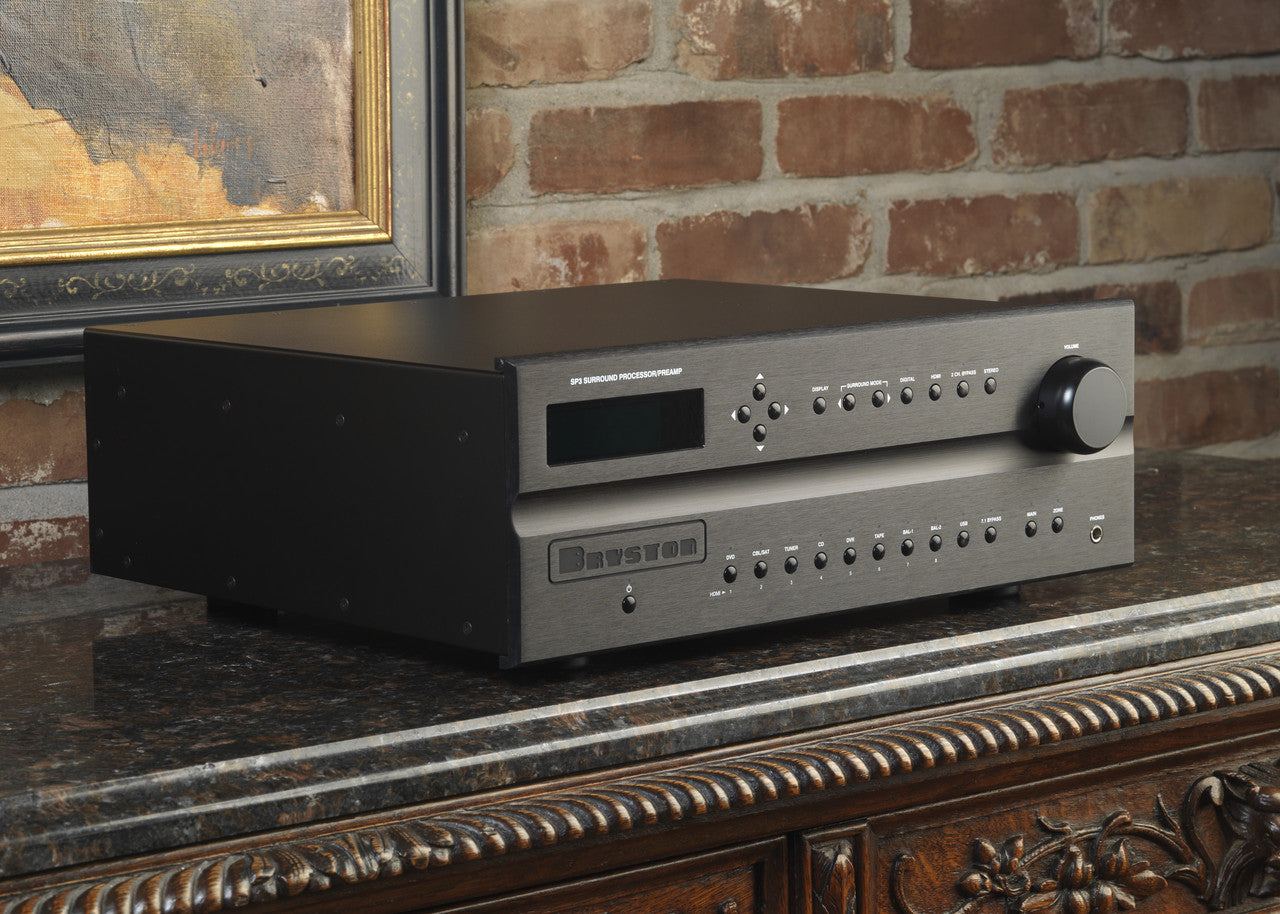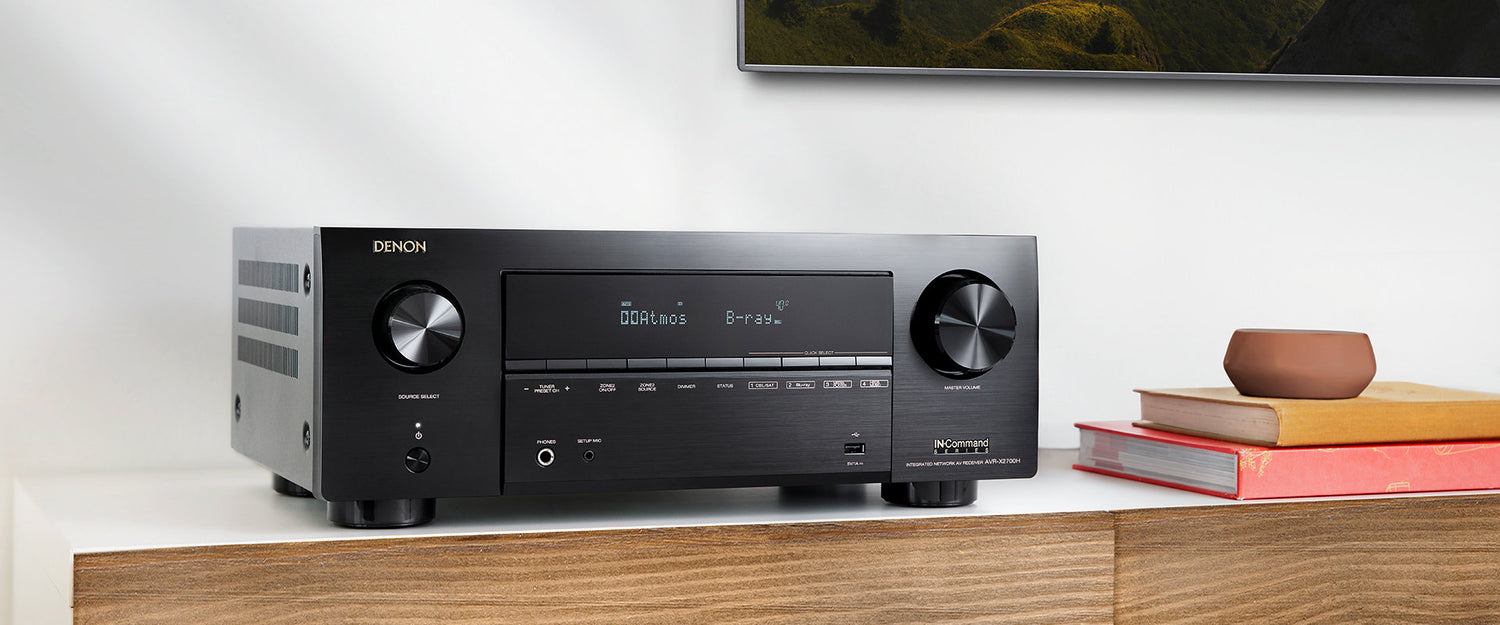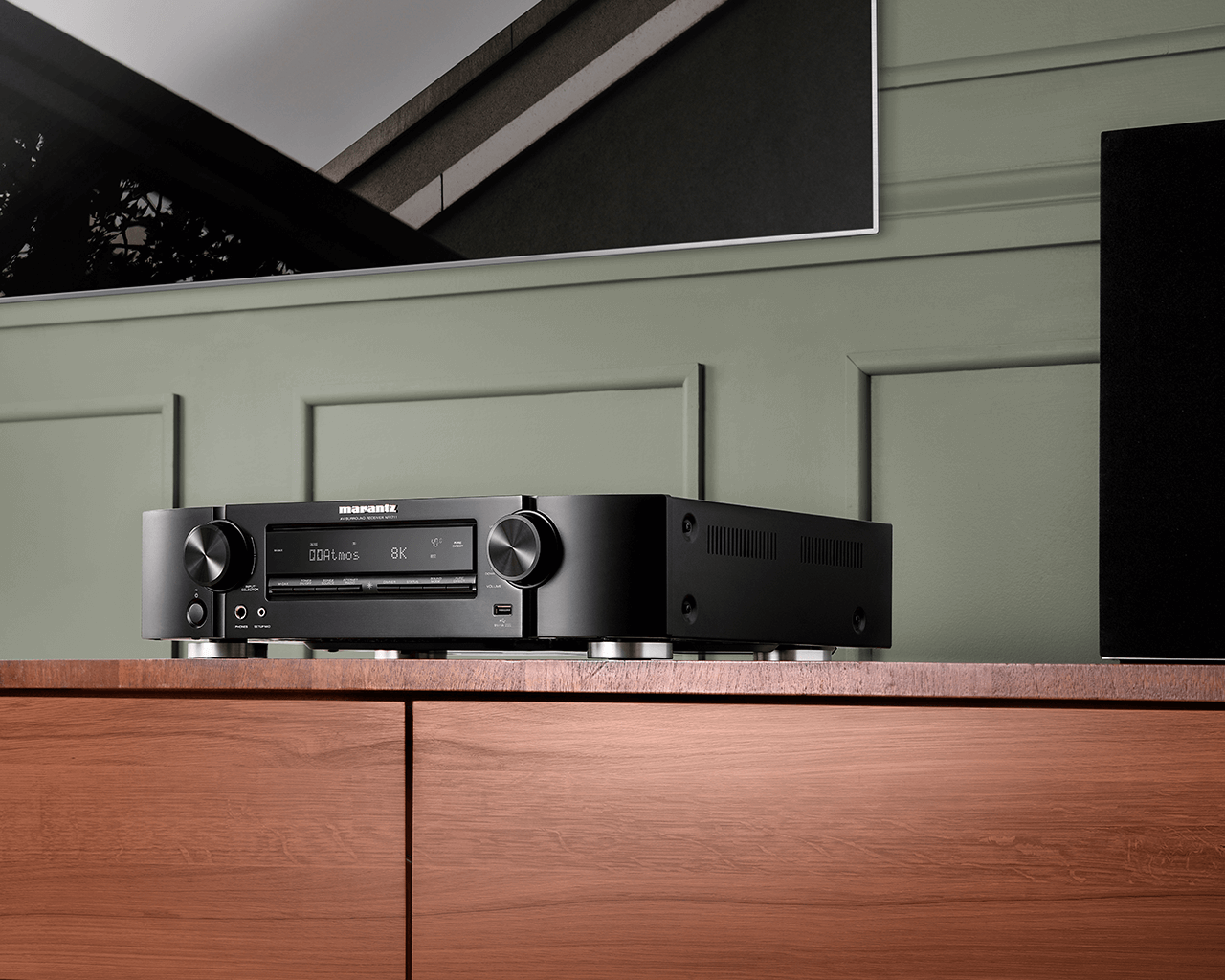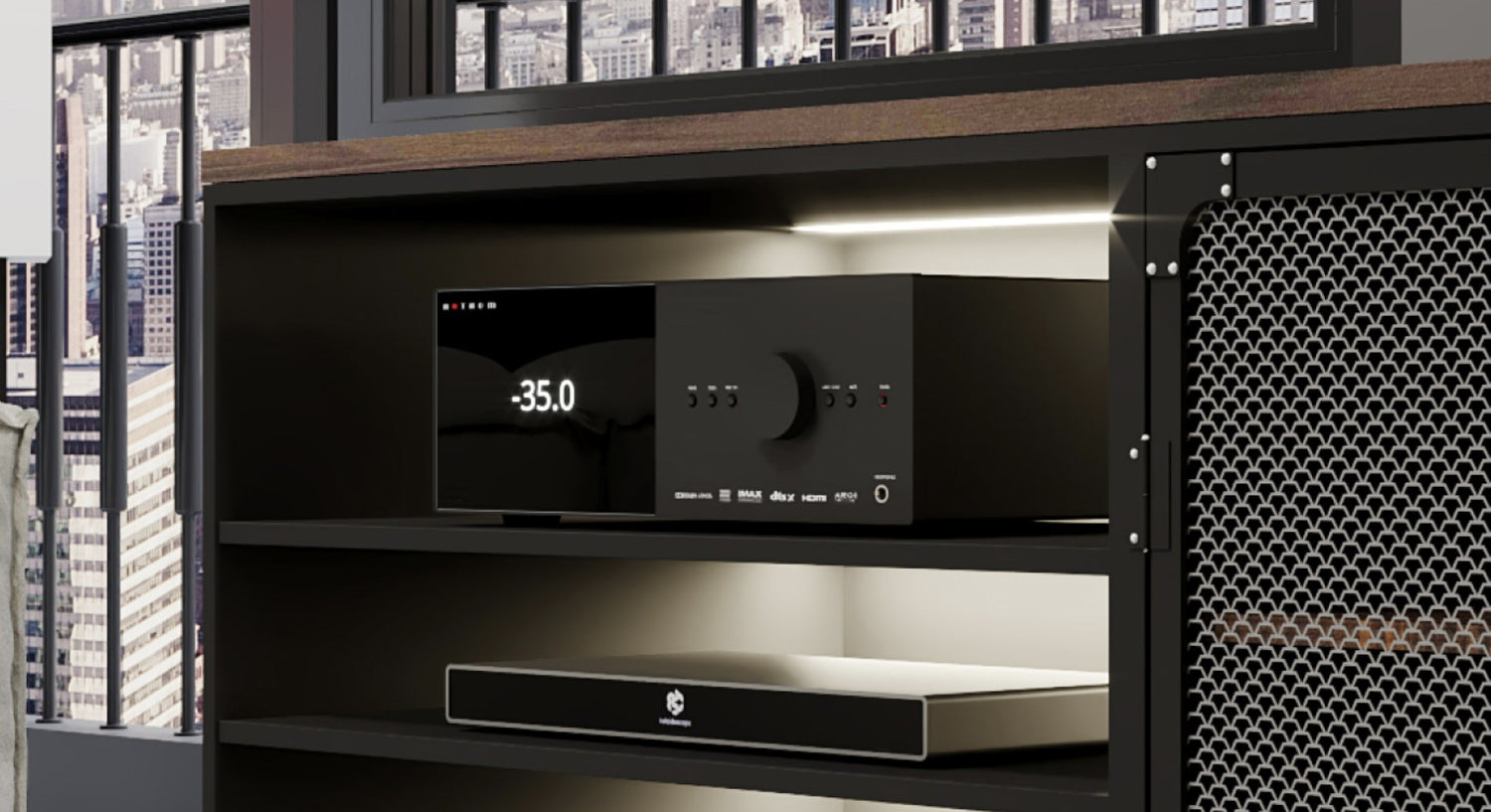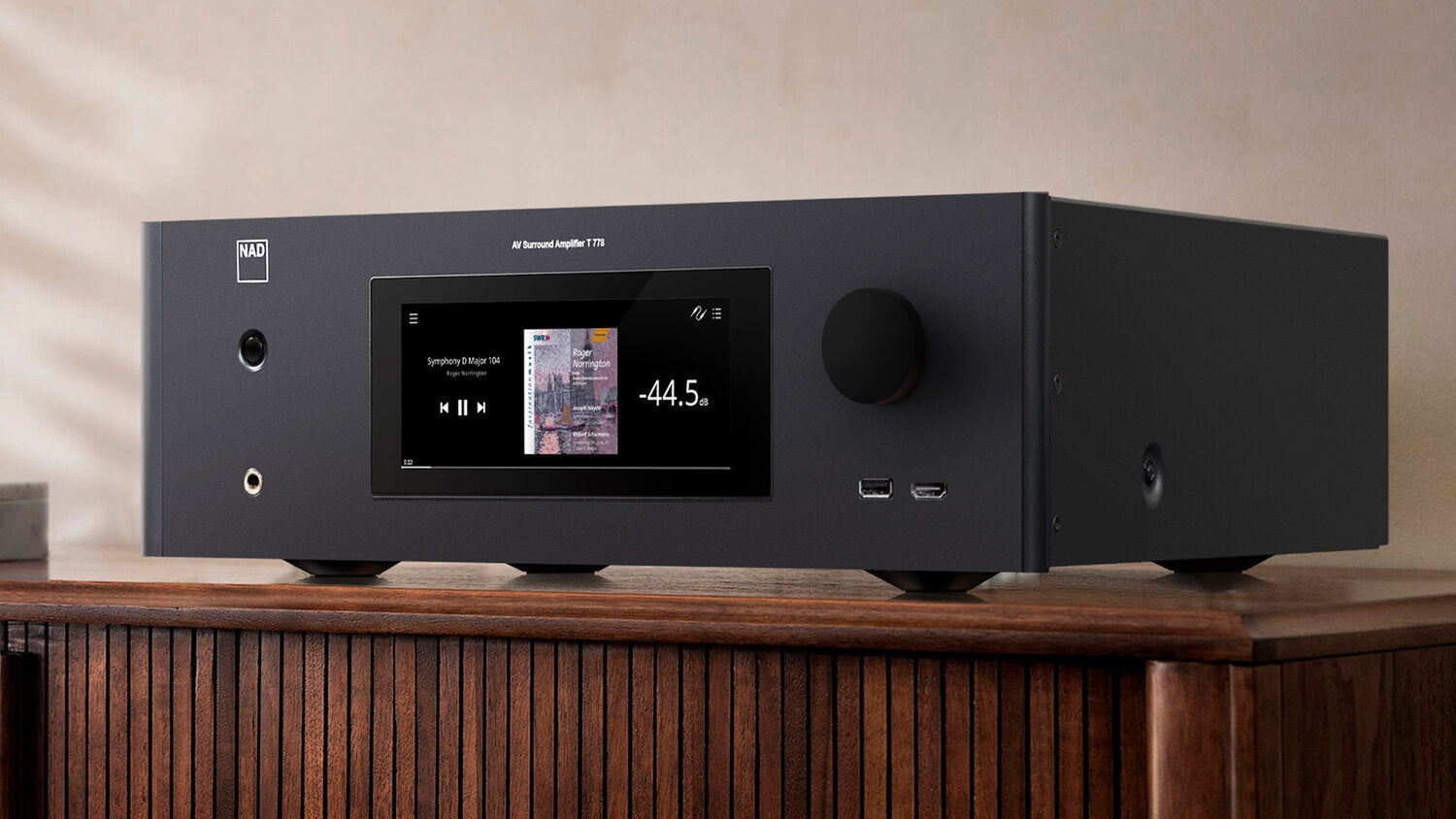When buying an AV receiver, it's important to consider the following factors:
-Number of channels: Look for a receiver with enough channels to support your speaker setup. A 5.1-channel receiver supports a 5.1-channel speaker setup (left, center, right, left surround, right surround, and subwoofer), while a 7.1-channel receiver supports a 7.1-channel speaker setup (left, center, right, left surround, right surround, left back, right back, and subwoofer)
-Power output: Make sure the receiver can handle the power output of your speakers and has enough power to drive them to your desired volume level.
-Compatibility: Check that the receiver is compatible with the sources you plan to use, such as Blu-ray players, streaming devices, and gaming consoles.
-Audio and video processing: Look for a receiver with advanced audio and video processing features, such as Dolby Atmos, DTS:X, and 4K HDR pass-through, for an enhanced viewing and listening experience.
-Connectivity: Check that the receiver has the connectivity options you need, such as HDMI, USB, and Ethernet ports.
-Brand reputation and customer reviews: Research brands and read customer reviews to get an idea of the receiver's performance and reliability.
-Price and warranty: consider the price and warranty of the receiver.
-Smart functionality: If you're looking for a receiver that can be controlled by a smartphone app, or one that is compatible with home automation systems.
It's a good idea to compare the features and specifications of different receivers before making a purchase to ensure you're getting the best one for your needs and budget.

